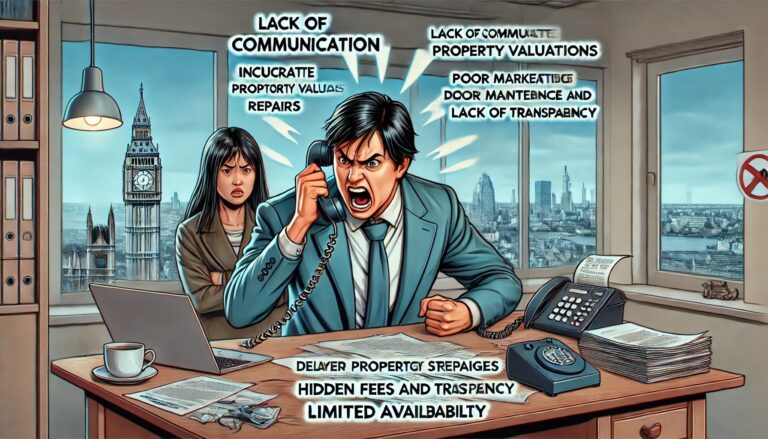Understanding Ground Rent Escalation Clauses
Ground rent is a periodic payment made by leaseholders to freeholders under the terms of a lease. Many UK head leases include escalation clauses that increase ground rent at regular intervals. These increases might be fixed, tied to inflation, or based on other criteria, and can significantly affect leaseholders over time.
Impacts on Leaseholders
- Financial Burden: Escalating ground rent can become a significant financial strain. For example, if ground rent doubles every ten years, what starts as a manageable cost can become a substantial annual expense.
- Property Value: Properties with high ground rent escalation clauses may be less attractive to buyers and lenders, reducing their market value and marketability. Mortgage lenders are cautious with such properties, making them harder to sell or refinance.
- Resale Issues: High and increasing ground rent can deter potential buyers, leading to longer times on the market and lower sale prices for affected properties.
Remedies for Leaseholders
- Lease Extension: Leaseholders can negotiate a lease extension under the Leasehold Reform, Housing, and Urban Development Act 1993. This typically adds 90 years to the lease term and reduces ground rent to a nominal “peppercorn” amount, effectively zero.
- Statutory Remedies: Leaseholders can challenge unfair ground rent increases through the First-tier Tribunal (Property Chamber). If the tribunal finds the increases unreasonable, it can modify or annul the escalation clause.
- Collective Enfranchisement: Leaseholders in a block of flats can collectively purchase the freehold, gaining control over ground rent and potentially eliminating it. This process requires significant cooperation and financial outlay.
- Voluntary Negotiation: Leaseholders can negotiate directly with freeholders to amend ground rent terms, potentially making a one-off payment to reduce or eliminate future increases.
- Government Intervention: Recent reforms, such as the Leasehold Reform (Ground Rent) Act 2022, have banned new leases from including escalating ground rent clauses. This law applies to most new residential long leases in England and Wales, capping ground rent at a “peppercorn” rate, effectively setting it to zero (GOV.UK) (GOV.UK) (GOV.UK) (GOV.UK) (GOV.UK). For more detailed information, refer to The Leasehold and Freehold Reform Act 2024 and specifically Part 3 of the Act.
Additional Resources
For detailed advice and calculations on ground rent, the Leasehold Advisory Service provides a useful Ground Rent Calculator.
Conclusion: UK ground rent escalation clauses
Ground rent escalation clauses can pose challenges for leaseholders, impacting financial stability and property values. Understanding the impacts and available remedies is crucial for protecting leaseholders’ interests. Whether through statutory processes, negotiation, or collective action, leaseholders have several options to address onerous ground rent terms and secure more favorable conditions for their properties. For further details, refer to the Leasehold and Freehold Reform Act 2024 and Part 3 of the Act.
Note
Our lawyer partners may be able to assist any investors who are facing issues with a ground rent escalation clause. It is always advisable to consult a lawyer when dealing with such matters. For more information, please visit our contact page.








